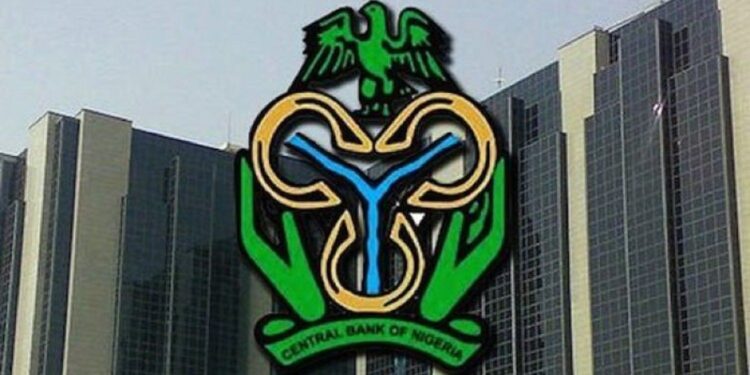Naira experienced a slight appreciation against the United States dollar at the Nigerian Autonomous Foreign Exchange Market, closing at N1,498.25/$ on Thursday, compared to N1,503.38/$ the previous day.
This modest uptick occurred as the Central Bank of Nigeria (CBN) issued a series of circulars aimed at curbing foreign exchange racketeering and financial irregularities. Dated February 14, 2024, these directives underscore the CBN’s commitment to stabilizing the foreign exchange market amidst prevailing challenges.
In one circular, the CBN prohibited banks from disbursing Personal Travel Allowance in cash, while another circular instructed International Oil Companies to stagger the repatriation of revenue to their parent companies. Additionally, the CBN revised its guidelines to deter under-invoicing of exports and over-invoicing of imports.
Despite a decline in dollar supply by commercial banks, with data from the FMDQ exchange securities indicating a drop from $292.3 million to $117.87 million, the naira continued to hover near the 1,500/dollar mark at the official market. This trend persisted even as the naira experienced volatility, starting the week at an all-time low of N1,534/$ before recovering slightly to N1,498/$ by the close of trading on Thursday.
Meanwhile, in the parallel segment of the foreign exchange market, the naira depreciated to N1,600/$, indicating a 6.45% increase compared to the beginning of the week.
Despite efforts by the CBN to curb speculative activities, Nigerians continue to patronize the black market, further complicating the exchange rate dynamics.
Reflecting on the currency’s performance, financial analysts express concerns over the naira’s trajectory. Johnson Chukwu, Group Managing Director of Cowry Asset Management Limited, warned of a potential depreciation to N1,500/$ in 2024, underscoring the need for proactive measures to stabilize the currency.
Amidst these developments, the CBN’s directives aim to address systemic challenges and restore confidence in the foreign exchange market. The revised guidelines on price deviation for exports and imports seek to mitigate inflationary pressures and ensure transparency in trade transactions.
As the CBN intensifies efforts to streamline forex operations, stakeholders await further updates on the implementation and impact of these measures on the country’s economic landscape.











